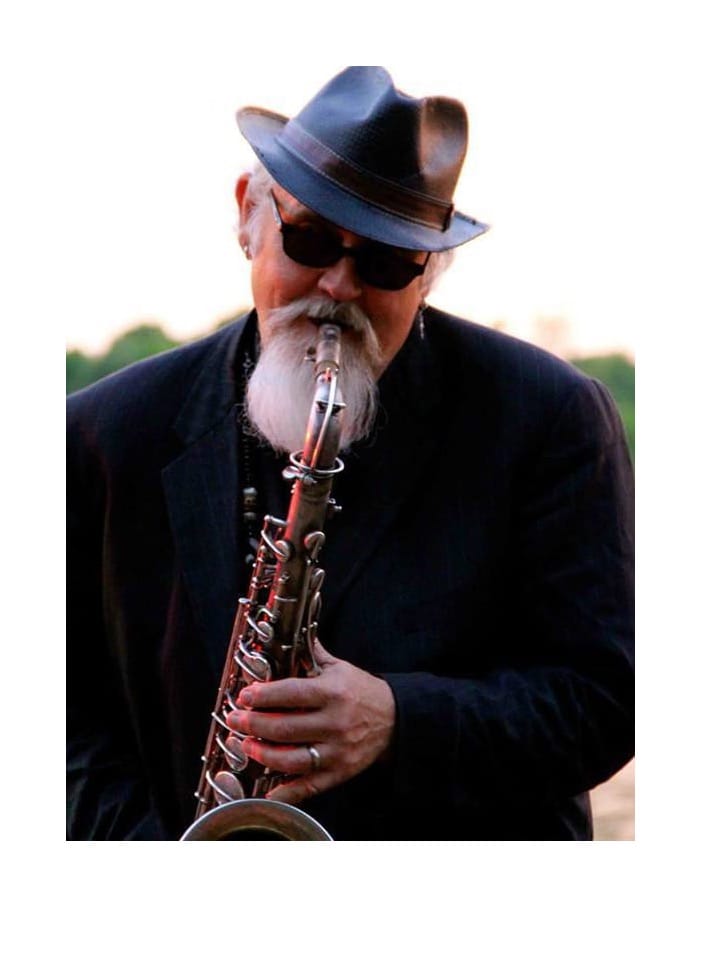Beyond Therapy: Dismantling Capitalism’s Grip on Mental Health and Youth Work. Part I
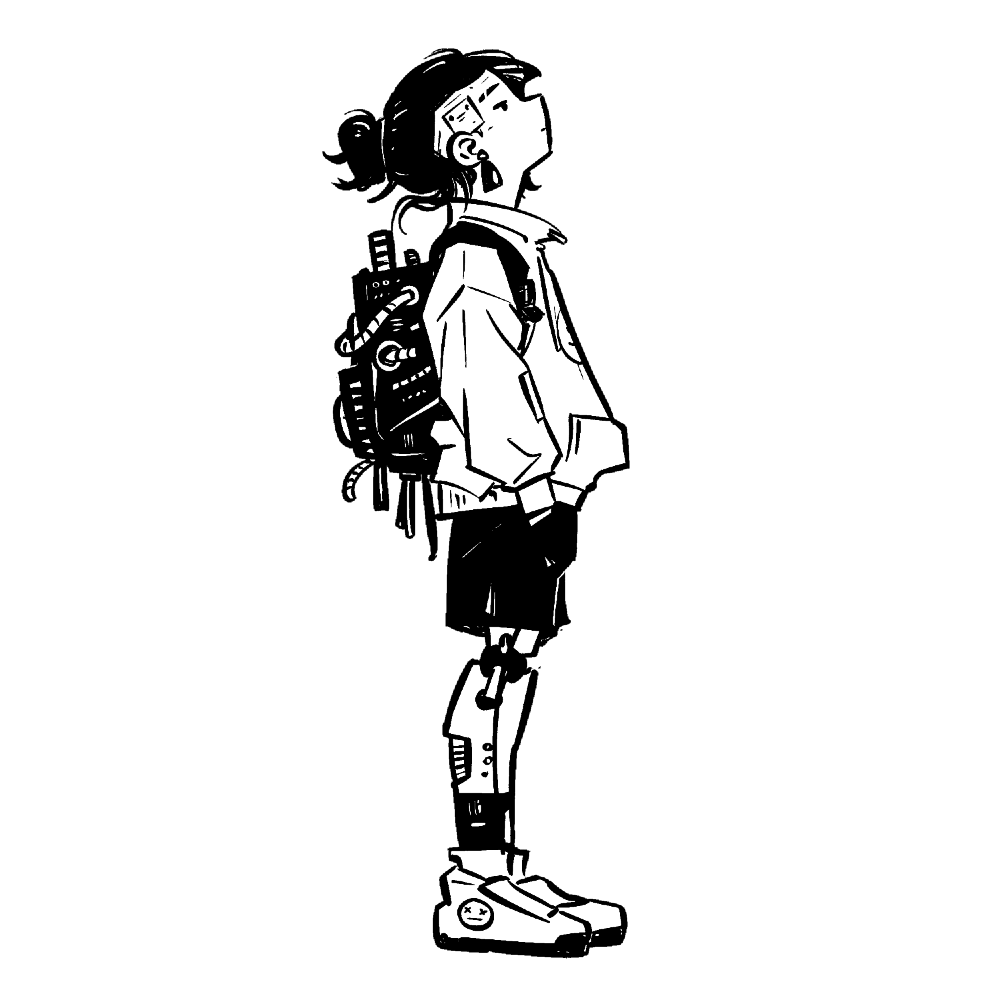
An Interview with Hans Skott-Myhre
Summary:
Hans Skott-Myers critiques capitalism's influence on psychology, showing how it reduces mental health to commodified individualism. He argues "mental health" has become an empty concept that reinforces dependency on professional systems while ignoring social conditions.
In youth work, Hans criticizes modern programs for prioritizing control and employability over authentic connection, urging a return to relational approaches. He calls for intergenerational solidarity, learning from youth who understand today's world better than adults clinging to the past.
Hans adds that adult social life has also been hollowed out by virtual transactions. He proposes building small, non-commercial communities where collective joy replaces capitalist alienation.
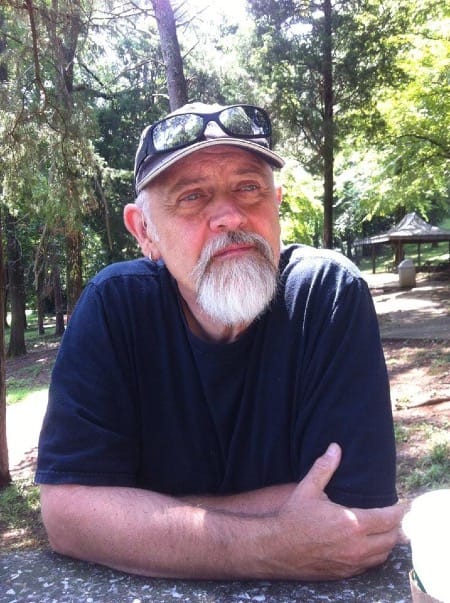
Jeff Jones (Liberation Psychotherapy)
In your work you critique how capitalism shapes psychological distress, particularly for marginalized youth. How do you see young people embodying resistance to these pressures in ways that might serve as mental health liberation strategies?
Hans
Capitalism, psychology, psychotherapy, what Ian Parker called the Psy-Complex, are deeply interwoven with each other. Psychology emerges pretty much at the same time as industrial capitalism does. The basic tenets underlying psychological taxonomies, hierarchies, modes of diagnosis are built on the same model as capitalism's industrial sort of Taylorist model of production. A result of which, when we internalize psychological sorts of ideas that are shared with us, both in terms of psychotherapy, but also in terms of diagnostic categories, we're simultaneously internalizing capitalist logics.
An example: The idea that the only successful life is one in which one progresses through various stages in order to achieve the final product, which is the adult. Or the idea that in order to be successful in the world, one needs to be sure that you are confident, that you are assertive, that you are able to compete and stand up for yourself. These are all sort of capitalist notions of success as well, right? These are the things you are to do in business if you're to do well.
The idea that you should commodify yourself, that is to say that your self-worth is terribly important, that you best be worth something, is also riddled with capitalist sorts of ideas.
It's really hard to disentangle the things that we intend, in psychology and psychotherapy, to assist our clients in achieving because they are regrettably deeply entangled with the social processes of capitalism and the kinds of subjects that capitalism would want us to be.
As a result of which, the entire notion of mental health is problematic in the sense that: It infers that processes of well-being are entirely mental somehow and that they're intricately entitled to some sort of taxonomy of health, that one can have greater or lesser degrees of health in terms of one's mental status- how one thinks, how one processes information, how one is emotionally responsive. All of these things of course are profoundly normal.
When we get into the 21st century, it is really built on a framework of empty signifiers. When we tell people that you should go get some mental help, or you should be mentally healthy, or you should see a mental health professional, or you're not going to be alright, there's no signifier there. There's nothing there that one can really understand in terms of the material actuality of your life. So we don't really know what's being said by ‘mental health.’
What exactly would that be? Who gets to define it, gets to know? Who gets to say, ‘okay, all right, now you've done it, you're mentally healthy.’
It gives the idea that the only way to do that is to go see professionals of one sort or another, whether it's yogic professionals, mental health professionals, counselors, psychologists, psychiatrists or life coaches, et cetera. You need all of this apparatus in order to be mentally healthy. Inferring there is the idea that you're essentially not mentally healthy.
No one is mentally healthy. We all need to seek all of this assistance and preferably pay for it and support a large industry of professionals designed to be helpful with mental health, which is, as I said before, pretty poorly defined if defined at all in any concrete sort of way.
That's all deeply problematic and really riddled with capitalist logic, particularly 21st capitalist logic, which is a system of signifiers that don't have anything behind them. We live in a postmodern desert of signification that doesn't mean anything. It's driving us mad in terms of our levels of depression, anxiety, anger, rage and alienation. So without a doubt, we are not ‘mentally healthy.’
But I think the other thing that capitalism does a really nice job of is somehow centering that within you. As though something is broken, that something has gone amiss, or your history or your family or your background, or your genetic predisposition or your tendencies towards all of these things are sort of centered within you. Which of course does a really brilliant job of giving capitalism an erasure.
The social system of addiction that is capitalism gets a pass. It's not the system, it's not the economy, it's not the addictive propensities of capitalism, it's not the alienation, it's not the isolation, it's not the driving you crazy through just endless vistas of work that will never ever be completed or relationships that will never ever come to fruition. Gilles Deleuze, when he wrote Postscript on the Societies of Control in the late 80s, talked about it as a society of endless postponement in which you never arrive, everything is constantly: more training, more assistance, you'll never have the perfect relationship until you learn these skill sets, but those skill sets won't quite do, you have to learn another set of skills, and when the relationship breaks down, well that's your fault, you didn't do the work, you didn't work hard enough, relationships take work, they take communication skills.
Even our most intimate relations are framed in these ways in which we're all internally broken, trying to connect with one another instead of understanding that we are the alternative, which would be filled with life, is full plenitude, in which we’re part of an ecological system that can’t be singularized, that you can't be pulled out of.
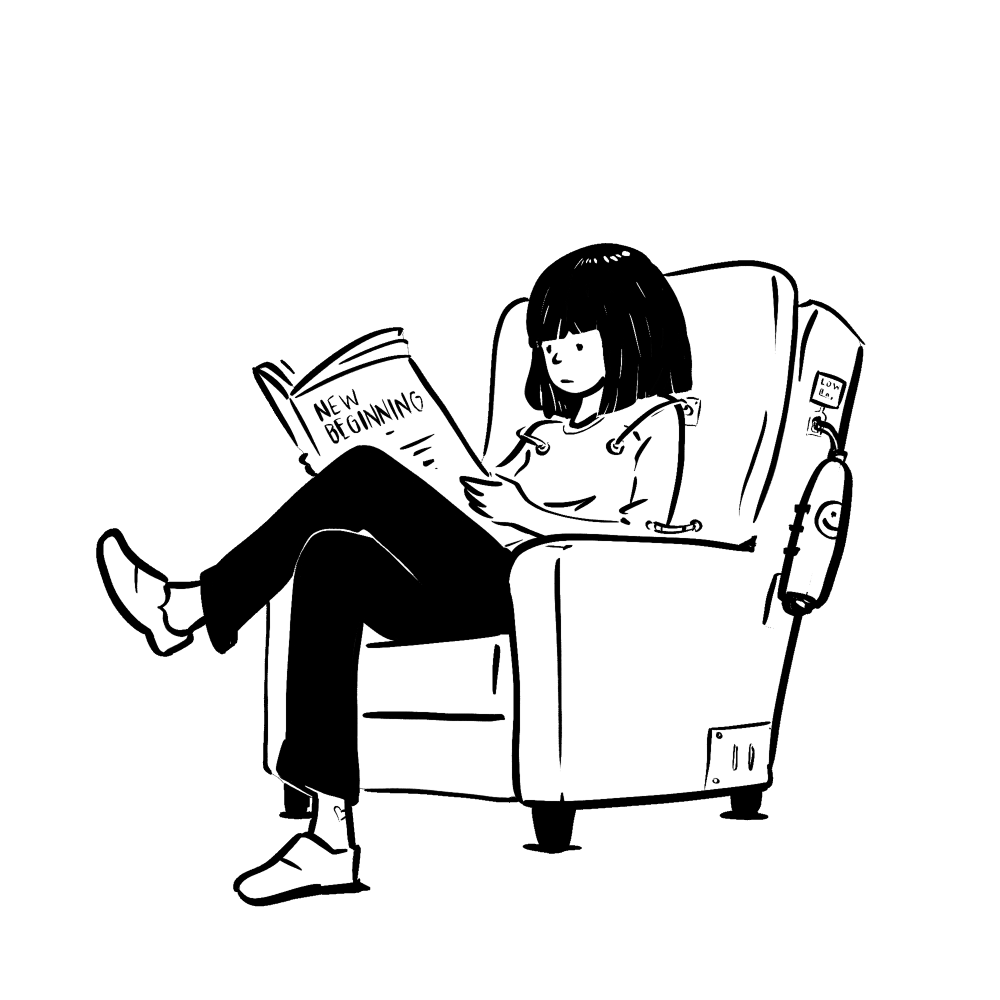
As a result of which, certainly ecologies can become bio-toxic, but they're bio-toxic when they lose biodiversity, when they lose connectivity, when they lose the ability to signal across a species.
Jeff Jones (Liberation Psychotherapy)
Could you speak about how this could relate to youth work right now?
Hans
Most of the youth work, regrettably, is still using 20th century models. Some of which were actually not bad. They were based on phenomenological principles of relationship and connectivity, in becoming present, working in the space between, and opening up possibilities for capacity of doing and acting together.
All of those 20th century, mid 20th century precepts, existentialism phenomenology, were really pretty excellent in childhood and youth services, and many youth work programs.
Not so much in the more rigid residential psychiatric programs, of course. But certainly in the non-profits that we're seeking to really build youth adult relations in a meaningful way. Regrettably that edge of the field has been overtaken by a technological impetus, which is a 21st century phenomenon for most everything. It gives the idea that you can have these tools of how to modify kids behavior, how to deal with their trauma, deal with their learning deficits, et cetera. It becomes a much more instrumentalized field in which programming is based on behavior, getting kids to be more successful in the world, getting them to learn better, be better employees: to be better cogs in the wheel if you will. A lot of the programming, unfortunately, has veered off in that direction.
There's still a pretty strong academic field. There are still some pretty progressive programs that are attempting to do things differently as we were in the second quarter of the 21st century.
But the savagery with which young people are being dealt with globally, the number of kids that are being killed, being exploited, being brutalized, is almost beyond comprehension right at the moment. The field of youth care really hasn't had any real response to that. Certainly not a collective response to their voices like Kiaras Gharabaghi for example, who have spoken out really strongly on this.
Kiaras Gharabaghii was saying in his column last month in CYC Online, that we should have a CYC (Child and Youth Care) doctors without borders. We work internationally with young people to build political momentum so that we can respond to some of these really brutalizing conditions. We don't have anything like that, I think it's a fantastic idea, but we really don't have anything that is driving us in that direction. We need to rethink the 20th century ideas about connection and relationship, within the 21st century context.
We need to return our relations to the material conditions in which we live, and that means stepping out of some of the virtual world, or at least using the virtual world very differently. In a way as to acknowledge the material conditions of daily life. Letting go of distinctions between youth and adult that are based on these hierarchical taxonomies of development. We all have so much in common economically, culturally, we're all being brutalized, we're all being savaged.
I think it's time for adults to realize that as Margaret Mead said in the mid-60s, we're dealing with the pre-generative generation. We're dealing with young people who know the world more than we do because they're living the future now, whereas many of us are trying to cling desperately to a world that's already gone. We really need to learn from young people about the world as it is now. The beauty of being born into the world as it is now is that just like being born into a family, you're best positioned from within the family to mount any modes of resistance or rebellion. Similarly, being born into the world, you understand the world in ways that your modes of revolution and rebellion have more purchase because they're actually rooted in material actuality. Not something you want to be but something that is.
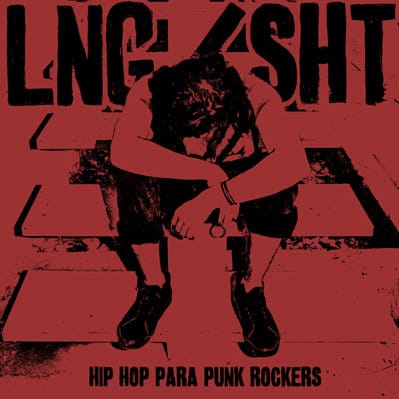
Jeff Jones (Liberation Psychotherapy)
A rebellion of right now? One of the reasons in finding your work is that I am curious about radical youth work.
When I look at my own life, I was off and on a street kid from 10 to 13. I was able to find these cultures that I grew up in such as the punk scene, and I can't speak internationally about this, but I can speak here in the US.
Back in the 80s, maybe a little bit into the 90s, I don't really know what changed- definitely the connectivity with the internet, possibly NAFTA, WTO's and international free market (globalization) started to change it- but there were these different.youth cultures that were rebelling against these particular structures, like hip hop, punk rock, those sort of things were really very rebellious. There was a movement for all age shows- you need to make music accessible to all of us, not just the adults. There were groups like the anarchist youth federation. Anti-Racist Action (A.R.A) which came out of the skinhead scene. These youth movements that were really making a difference.
I haven't seen any of that for so long now. Even outside of that more radical context, I would see things like youth centers. As they are learning their ways and life lessons they may say start to experiment with drugs, that happens at times. Especially if they come from abusive situations. I don't think you will ever find a culture that doesn't have that as a history. Then conservatives, they come in, they see kids doing said drugs, and they close down the youth centers. Well, then what? What happens? Maybe where you live there's a youth center, there hasn't been a youth center here where I live in a long time- Not one where the kids just get to be kids and start finding their ways culturally, socially, romantically. They want to close it down and control their beings.
That's why I’m interested in your work because I see the youth as being so isolated now from each other.
Hans
It mirrors what's happening to adults, right? Adults used to go out to shows as well and hang out with each other, dance and carry on sometimes the subcultures of their youth, even as they got older. They used to go bowling together. They used to have bowling leagues, baseball leagues and that's all down the tubes as well.
All these modes of sociality that occurred outside the workplace or outside of school, that whole edge of culture that allowed for you to have a life outside of capital, and to have modes of sociality that exceeded the demands of work, success, commodification, has been rapidly overtaken by 24-7 capital engagement.

Instead of going to a show you go on your internet and you watch a show, you don't go out and listen to a band, you download their album, don't go out bowling, play virtual games on your computer, and all of it highly commodified. You're constantly purchasing and buying things that used to be nominally costly or free in terms of the punk scene, for sure, in terms of early rock also.
The brilliance of capitalists is that it has the capacity to appropriate and commodify pretty much anything that gets thrown in front of it as soon as it becomes aware of it.
If you're going to look for where there are alternatives to this (and there are) you need to look to groups of young people and adults, some of whom are working together, doing things that are harder to commodify- Doing things in their communities, together socially, and those are off the grid. Those are things that are done on the side.
They're not large. They're small. I think in some ways, given the force of capital as a system, and the fact that it really presents itself as all encompassing, and it can certainly appear that way, that one has to look for pockets, for small communities that are slipping through the cracks, and that move stealthily enough to stay out off the range.
I think those movements are everywhere. There are small groups of people doing things together, dumb stuff, planting gardens, playing music in their homes. There's still alternative clubs that no one knows about but a handful of people. There are people who are biking together, hiking, who are doing things that are materially, hanging out, non virtually.
I'm not saying that we should abandon virtuality. I don't think we should. I think we have to appropriate it and use it to our own ends. I do think it is very probable that the force of youth subculture is done. That was a really powerful movement for a couple of decades and really did some really fantastic things.
I was very taken with it myself for a long time. I think it's largely done as a revolutionary force because it's been so heavily commodified.
We have to get rid of two ideas. We have to get rid of the idea of youth as though it is somehow radically distinct from adulthood, and I think we need to get rid of adulthood as though it's radically superior. I think that we need to get rid of the idea of subculture, as though there is a culture to which one could become sub, because the only culture now is an anti-culture, and that's capitalism, which destroys culture. It absolutely eviscerates it and leaves very little standing that's of any worth. It’s just endless fields of what Baudrillard called Simulacra, which is copies of copies of copies of copies.
If you can eliminate and let go of those romantic attachments to the world that was, and begin instead to look for the actual material connections around you, who do we know that we can hang out with, who we can do stuff with, who we can build small pockets of solidarity with. The most revolutionary thing you can have right now is a non-transactional set of relationships. You're not doing it because you're getting something out of it, which is by the way, I think one of the really nasty bits of ‘self-care' that gets taught to people is ‘well, what are you getting out of this relationship?’ ‘Is that relationship giving you enough?’ It puts it all on this transactional basis as opposed to we do things because we do things and we see how they go.
There's this lovely idea that you know that you’re in the right vicinity, if when you're cooking a meal together, going on a walk together, playing music in your living room together or even if you're in a band that plays at a club together, that there's a collective uplifting of spirit in the act itself. Because that does not happen in an addictive process like capitalism.
Capitalism is an addiction because it promises you a really nice hit the first time you buy shit and the first time you feel like you're making some money, right? Just like that first hit of heroin is fantastic, absolutely brilliant. And then every hit after that is an attempt to reclaim that initial hit. Eventually, with heroin addiction, or alcoholism, you're basically drinking or shooting dope to not get sick. That's the same thing with capital. Eventually, you're just buying stuff frantically to try to fill this emptiness that you feel inside. There's no uplift of spirit in it.
You can see these in the billionaires and the oligarchs that we look at today, they're empty shells of people. Just frantically trying to do whatever they absolutely need to do and fuck with everybody else, the whole things going down the shitter. They’re going to do what they have to do to make that money, get that power. If they were heroin addicts, it wouldn't be at all surprising that they were stealing everybody else's shit.
You can tell you're in the realm of doing something interesting, if when you're doing it together, there's this uplifting of spirit collectively, it's not about me getting high.
It's about all of us, all of a sudden, having a sense of, ‘hey, this is really cool.’
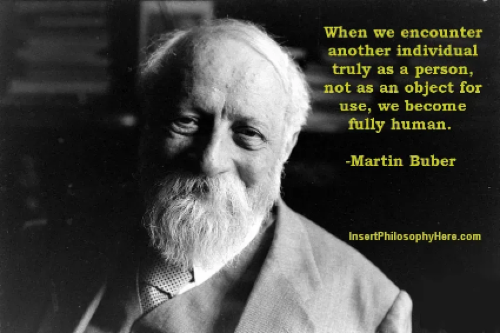
Jeff Jones (Liberation Psychotherapy)
Like Martin Buberr's, I thou, but it's like, I us?
Hans
Yes. That's why I'm saying some of those ideas of the 20th century, if we can bring them into the 21st century and revitalize them as modes of connectivity within the 21st century rubric of virtual capitalism, I think they can be very, very powerful.
To read part II:
